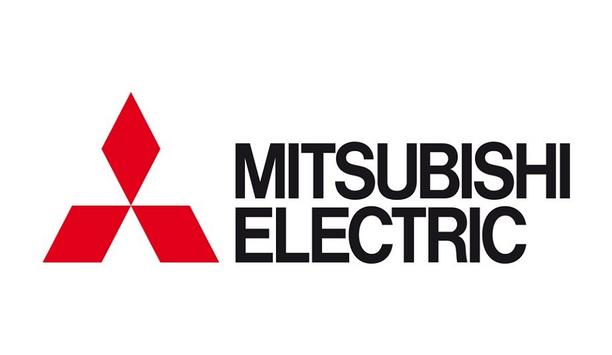The University of East London (UEL) has reduced its carbon emissions by 10 percent from its 2020/21 baseline to 2022/23 in the first phase of its new net zero strategy, putting the organization on track to achieve its 2030 net-zero target.
UEL partnered with technology company - Siemens to develop the strategy, which included a roadmap to reduce carbon emissions across the university’s campuses in the London Docklands and Stratford, which are home to 25,000 students.
The first major step towards energy and therefore, emission reduction on campus, was through the installation of LED lighting in all buildings and upgrades to all building management system controllers.
decarbonizing energy consumption
As part of the second phase, Siemens is installing technologies across the University’s campuses
As part of the second phase, Siemens is installing technologies across the University’s campuses, which will help it to decarbonize its energy consumption.
This includes the installation of approximately 2MW of solar photovoltaics (PV), which is estimated to generate 1.2 GWh of zero carbon electricity a year, and the installation of 27 electric charging points at the University’s Docklands Campus, which will go live in the next month.
UEL estimates that 90 percent of this zero carbon energy will be consumed across the University’s campuses, with the remainder exported to the National Grid.
Living Lab
Siemens will also support UEL in creating a ‘Living Lab’ to embed sustainability across the University’s course curriculums and provide real-time data allowing students to develop the skills they need to succeed in a green economy.
Faye Bowser, Vice President for the Higher Education Vertical at Siemens, said, "Our partnership with UEL will support the University in meeting its net zero targets, providing a structured roadmap to cut carbon emissions across both campuses."
Renewable energy assets
Faye Bowser adds, "We’ve already made significant progress over the last 12 months and the next phase will focus on installing more new renewable energy assets on-site to support sustainable generation. True partnership and collaboration are key to this success, and that goes beyond decarbonization."
net zero economy
Faye Bowser continues, "Achieving a net zero economy also depends on developing the right talent for the future, and we’re making the data from our work available to students to inform their studies and equip them with the knowledge and skills they will need to thrive in the green economy."
Professor Amanda Broderick, Vice Chancellor and President, University of East London, said, "Our long-term partnership with Siemens is central to our commitment to becoming a national decarbonization leader, and providing a global blueprint for urban sustainability."
state-of-the-art energy generation technology
Professor Amanda Broderick adds, "We have already delivered significant carbon reduction savings and reduced both our emissions and energy consumption more than any other modern university in London, thanks to state-of-the-art energy generation technology."
She continues, "And, importantly, our ‘Living Lab’ will provide our students, researchers and local businesses an inclusive place to test, research and commercialize green technology in a real-world environment, with access to the latest developments in smart technology to empower our students to become sustainability leaders of the future."

















